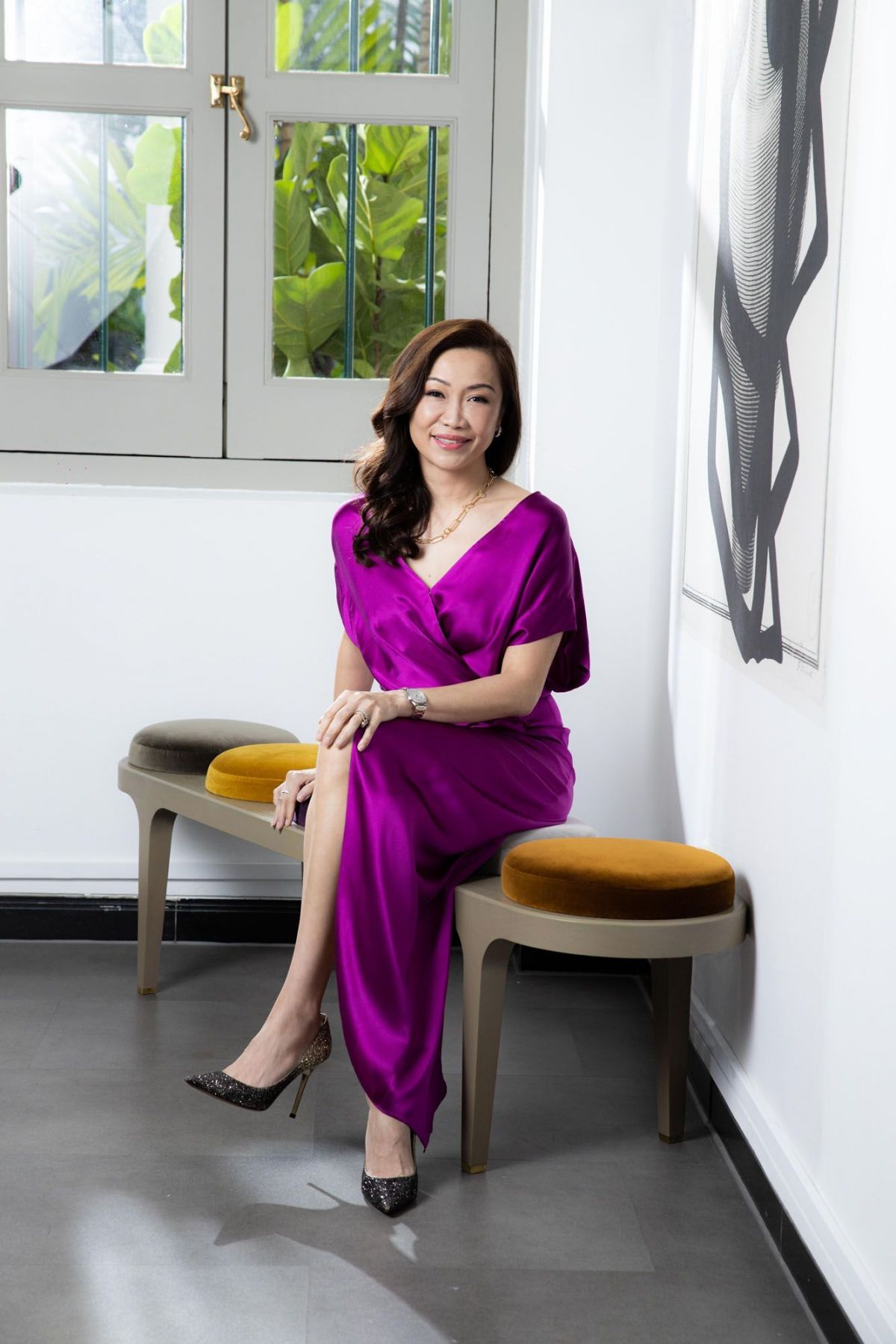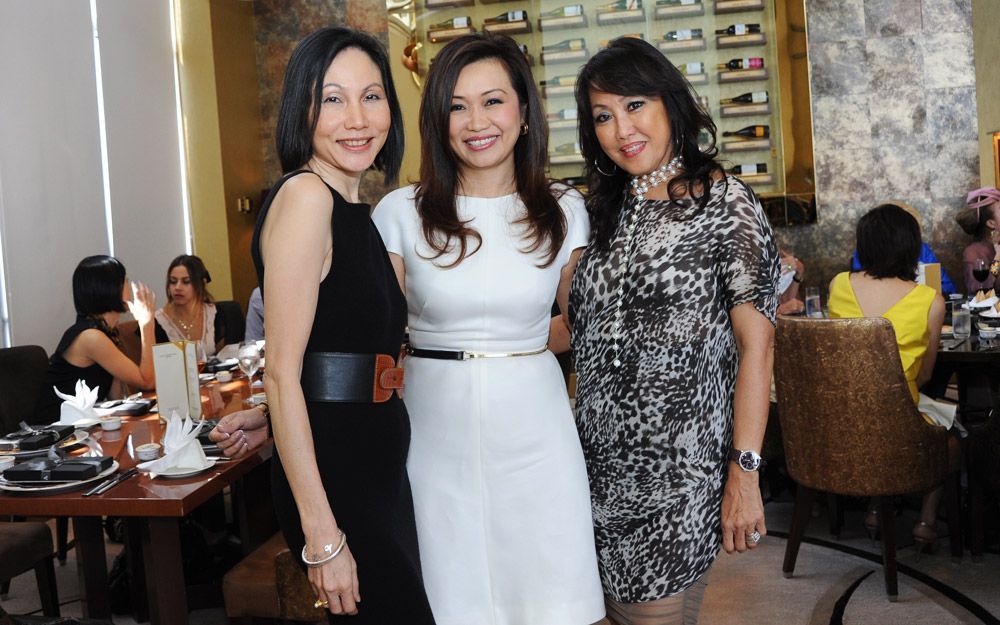Templebridge managing director Trina Liang-Lin has risen through the ranks of finance while continuing to find new ways to give back—supporting women and promoting food security and education in Singapore. She shares her lessons learned for our Money Milestones series
Trina Liang-Lin was brought up in a middle-income family by her army officer father and primary school teacher mother. To her parents, being sensible and prudent were the top priorities, and she has carried those values with her even as her career has progressed.
“There were definitely no luxuries in my childhood,” says Liang-Lin, recalling how her mother insisted in keeping detailed monthly expenditure records. Hospital and medical bills dominated those records in the run-up to her mother’s untimely death from cancer. The experience fortified Liang-Lin’s desire to be financially comfortable as well as a belief that health is the ultimate currency of wealth.
So in parallel to trading bonds and negotiating multimillion-dollar deals, Liang-Lin has built a storied philanthropic career, founding the nutrition and wellness organisations FoodSteps and Halo Health Asia to give access to better food to those from lower-income backgrounds.
The multi-hyphenate has also been an ongoing champion of female empowerment, notably as the past President of UN Women Singapore and past Vice President of Singapore Council of Women Organisations. In 2021, she was appointed to represent Singapore at the G20 Private Sector Alliance for the Empowerment and Progression of Women’s Economic Representation.
Here, Liang-Lin shares financial lessons learned along the way, including the conservative investment approach that has served her well and the value of experiences.
Don't miss: Women of Worth: A Series Celebrating and Supporting Financial Empowerment

First job at an investment bank (1995) = earned SG$58,842
No matter how many jobs you have, you’ll always remember your first paycheck. I was paid £32,000 (SG$58,842) annually, which for me, just coming out of school, was a lot of money. I had been hired by an investment bank in London on a management trainee rotation through the various areas in investment banking. Eventually, I ended up on the fixed income and bonds desk. This was the only claim I can ever lay to being called an ‘Asian bond girl’.
Lesson #1: I’ve realised that any promotion or pay raise is exciting for the first 24 hours, but the satisfaction doesn’t last. It’s what I could do with that money. Experiencing new places and cultures on holiday and doing charity work were my important memories and keepsakes. Money is more of a means to achieve these experiences, not the end goal.
Don’t miss: A Property Developer Reveals Her Strategies for Investing and Always Adding Value


